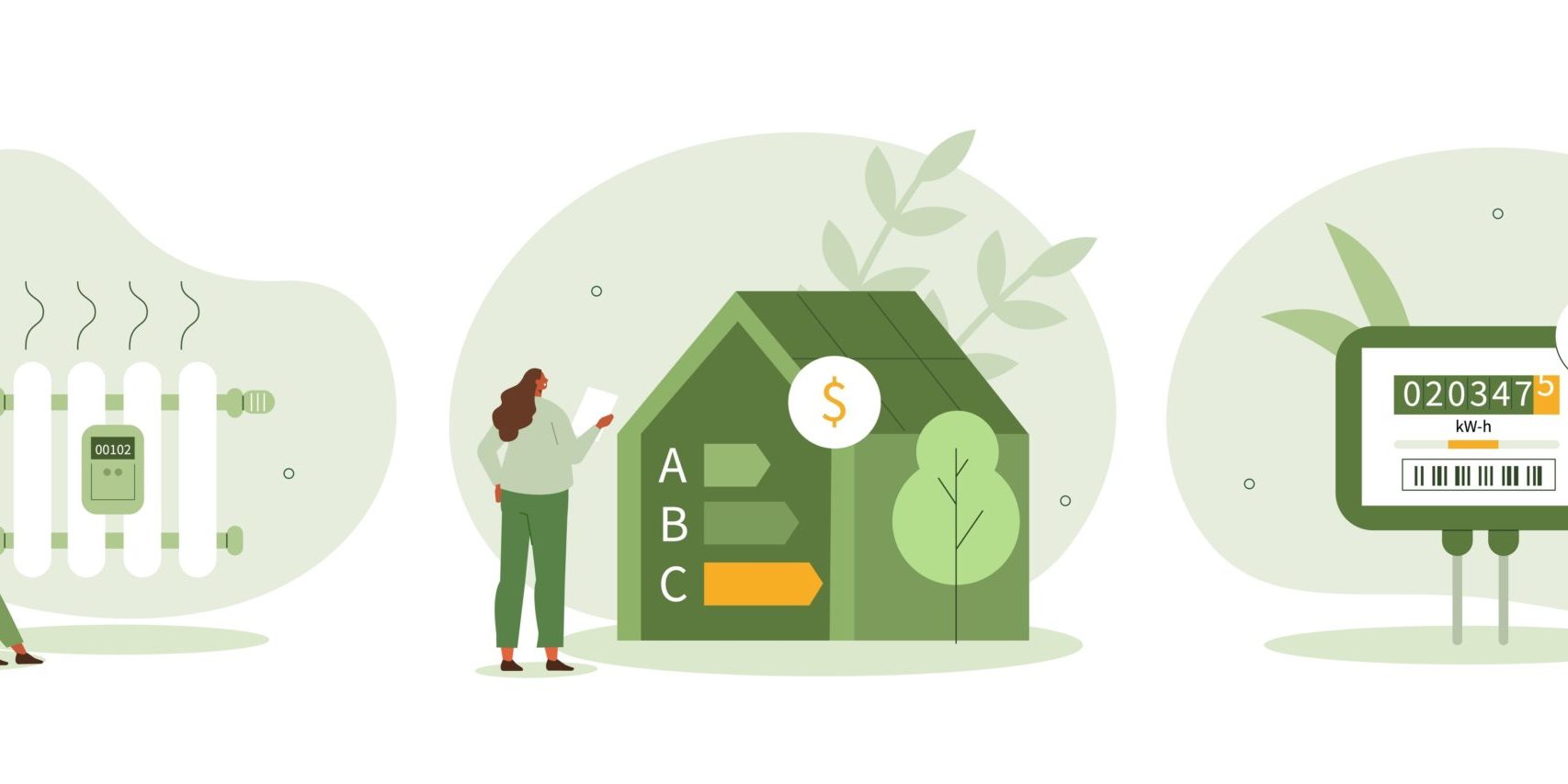21 October, World Energy Saving Day
World Energy Saving Day aims to raise society’s awareness of daily energy consumption and the collective responsibility to use energy efficiently and responsibly, for our planet. In a world where the preservation of the environment is the biggest challenge, saving energy becomes an unavoidable duty.
Each one of us is responsible for the change, and our homes are the way to achieve it, and for this every small gesture count, from the efficient use of electrical appliances to the optimal lighting of our homes. By promoting responsible energy consumption, we not only contribute to the conservation of the environment, but also promote sustainable development.
Efficient options to adopt in your home
- Efficient washing machines, use cold wash programmes and be sure to fill the washing machine before each cycle. If possible, avoid excessive use of the tumble dryer and use solar and wind energy to dry clothes.
- The refrigerator is one of the most energy-consuming appliances in the home, so it is important to avoid keeping its doors open for long periods of time and make sure you take out the necessary food before cooking. Another tip to follow is to avoid storing hot food, as this implies a greater energy effort to maintain the temperature.
- Gas cooker, if you have a gas cooker, you are taking an important step towards saving energy, as gas generates only 200 grams per kwh of power. If you have a ceramic hob in your kitchen, it is advisable to switch it off a few minutes before you finish cooking, to take advantage of the residual heat.
- LED bulbs, change your halogen bulbs for energy-saving LED bulbs; despite their initial cost, these bulbs are efficient and do not generate heat, and they can save up to 80% on your electricity bill.
- Natural light: It is important to make the most of daylight by opening the curtains and blinds in your home, which will reduce the need for artificial lighting and therefore reduce electricity consumption.
- Taps on cold water setting: Keep taps on a cold water setting whenever possible and use hot water only when strictly necessary.
- Efficient appliances, when replacing your electrical appliances, look for those with the highest efficiency rating (A and above). Check the energy label to make informed choices.
- Sustainable air conditioning, keep the temperature in your home between 19 and 21°C in winter and between 22 and 26°C in summer to avoid excessive energy costs.
